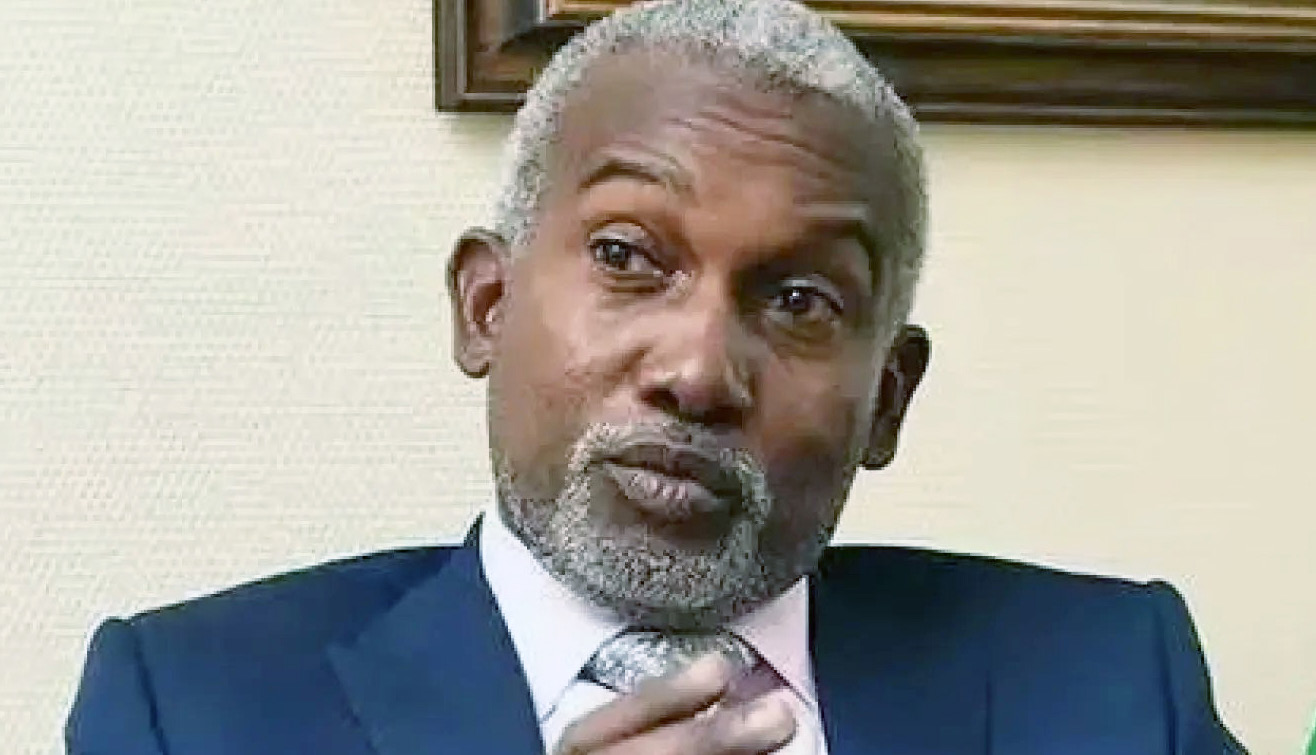By Yusuf Maitama Tuggar
The West Africa Economic Summit in Abuja represented more than re-gional cooperation, it demonstrated how middle powers can shape global economic architecture through coordinated action.
In an era where traditional multilateral frameworks face unprecedented strain, West Africa is constructing new models of inter-national engagement that prioritize mutual benefit over dependency.
Our approach reflects hard-earned lessons about economic sovereignty. While maintain-ing openness to global partnerships, we are building indigenous capacity across critical sectors.
The energy transition momentum evident at WAES, building on solar initiatives in Sen-egal, green hydrogen potential in Mauritania, and battery storage opportunities across the Sahel, positions West Africa not as a resource extraction zone, but as a value addition hub for the global clean energy economy.
This strategic clarity extends to our digi-tal transformation agenda. Rather than im-porting foreign solutions wholesale, we are developing African-owned platforms that address our specific contexts while meeting international standards.
The fintech innovations emerging from La-gos, Accra, and Dakar now inform global best practices for financial inclusion, a reversal of traditional technology transfer patterns.
The Summit’s trade facilitation initiatives reveal similar sophistication. Our customs digitization efforts, informed by interna-tional best practices and developed through partnerships with institutions like the World Economic Forum, create efficiency gains that benefit both regional and international commerce. When border processing times decrease from days to hours, everyone wins, African exporters, global importers, and con-sumers worldwide.
What distinguishes West African integra-tion from previous regional projects is our emphasis on complementarity over competi-tion. Nigeria’s manufacturing capacity com-plements Ghana’s services expertise and Côte d’Ivoire’s agricultural innovation.
This division of economic labor creates resilience while avoiding the zero-sum dy-namics that have hindered other integration efforts.
Our partnership model with international institutions like the WEF reflects this matu-rity.
We engage as co-designers of initiatives rather than passive recipients of assistance. The planned collaboration frameworks oper-ate on principles of intellectual parity, with African expertise informing global frame-works as much as global best practices inform African implementation.
The geopolitical implications are signifi-cant. A successfully integrated West Africa, representing 6% of global population and strategic mineral reserves, offers internation-al partners genuine diversification opportu-nities. For investors seeking alternatives to concentrated supply chains, we provide scale.
For policymakers concerned about eco-nomic fragmentation, we offer bridging ca-pacity between major powers.
The investment interest generated at WAES reflects this strategic value. The part-nerships explored represent calculated as-sessments of present capability.
Our institutional frameworks provide predictability while our market dynamics offer growth. This combination attracts pa-tient capital, the foundation of sustainable development.
Moving forward, West Africa will continue to demonstrate that regional integration can be both economically rational and geopoliti-cally stabilizing. Our success benefits global prosperity while advancing African interests, proof that the old paradigms of either depen-dence or isolation no longer apply.
The Summit established West Africa as a serious player in international economic governance.
Our next task is to demonstrate that this emergence is permanent, not cyclical.
The architecture of global influence is changing. West Africa is both beneficiary and architect of that change.
This analysis is part of an ongoing series examining regional economic integration and global partnership models, developed through the West Africa Economic Summit’s collaboration with international institutions.
• Yusuf Maitama Tuggar, Minister of For-eign Affairs, Nigeria and Chair of the ECOW-AS Council of Ministers
